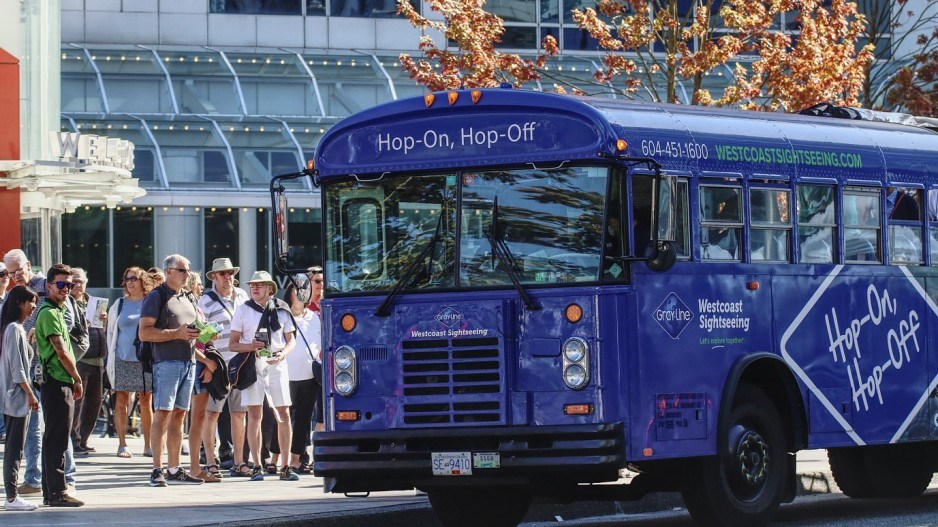Four private-sector companies are founding partners in a new program that will help fund Canada’s Indigenous tourism sector.
Indigenous tourism executives say that if the program is a success, they may get as much money from it as they do from the federal government.
Rocky Mountaineer, WestJet, Airbnb and Coast to Coast Experiences have all committed to help fund the program, which the Vancouver-based Indigenous Tourism Association of Canada (ITAC) calls the Indigenous Tourism Destination Fund (ITDF). Coast to Coast Experiences is likely best known in Vancouver for its Hop-On, Hop-off Sightseeing business.
“It's based on the concept of businesses asking customers to pay at least $0.25 per transaction,” ITAC CEO Keith Henry told BIV. “They would ask the customer to pay it, and they would pass the money along to us.”
He said that the program’s initial corporate partners have all agreed to either ask customers to pay at least $0.25 per transaction, or have that fee automatically added to customers’ bills.
“We didn't want them to opt out of the program because they thought it was too expensive so we’re saying that it is minimally $0.25,” Henry said.
In cases where the average transaction cost is in the thousands of dollars, as it is at Rocky Mountaineer, the charge is significantly more than $0.25.
The luxury railway journey seller plans to have an optional $5 charge added to each customer’s bill by Nov. 1, its vice-president of communications, sustainability and stakeholder relations, Nicole Ford, told BIV.
"We will contribute $5 from the seats sold on our Canadian routes to the ITDF," she said. "If a guest is not interested in having their purchase support the fund, they will have the option to opt out."
Other founding corporate partners have not yet said whether they will require customers to pay the surcharge, whether a donation will be voluntary or what their suggested fee will be.
“We're committed to supporting the fund,” WestJet spokeswoman Madison Kruger told BIV. “We will have more details to share in the future just on how that's going to work, and what the actual details will be. At this juncture, we're just committed to supporting the fund.”
Henry said that he is hoping that the program will generate $1 million in the fiscal year that ends March 31, 2024.
“Our goal is to see no less than $15 million to $20 million raised per year, which we would reinvest.”
Money raised would essentially be like a general revenue fund that ITAC could use to fund its operations and support Indigenous tourism initiatives across Canada.
Henry is based in Vancouver, as are about 24 of the organization’s 30 employees, he said.
ITAC’s budget is currently in the $15-million range, with almost all of that money coming from various funding sources within the federal government, he said.
During the pandemic, Henry was critical of the federal government for cutting his organization’s core funding by 20 per cent, and for only committing that funding on a one-year basis.
Core funding has not returned to pre-pandemic levels, he said today.
Henry continues to advocate for the federal government to create a separate line-item in its annual budget that is specifically for Indigenous tourism. The current practice is for Ottawa to allocate money for tourism, with the expectation that some of the funding will trickle down to Indigenous tourism.
Indigenous Tourism British Columbia has also been strategizing how to best lift interest in Indigenous tourism. It .






